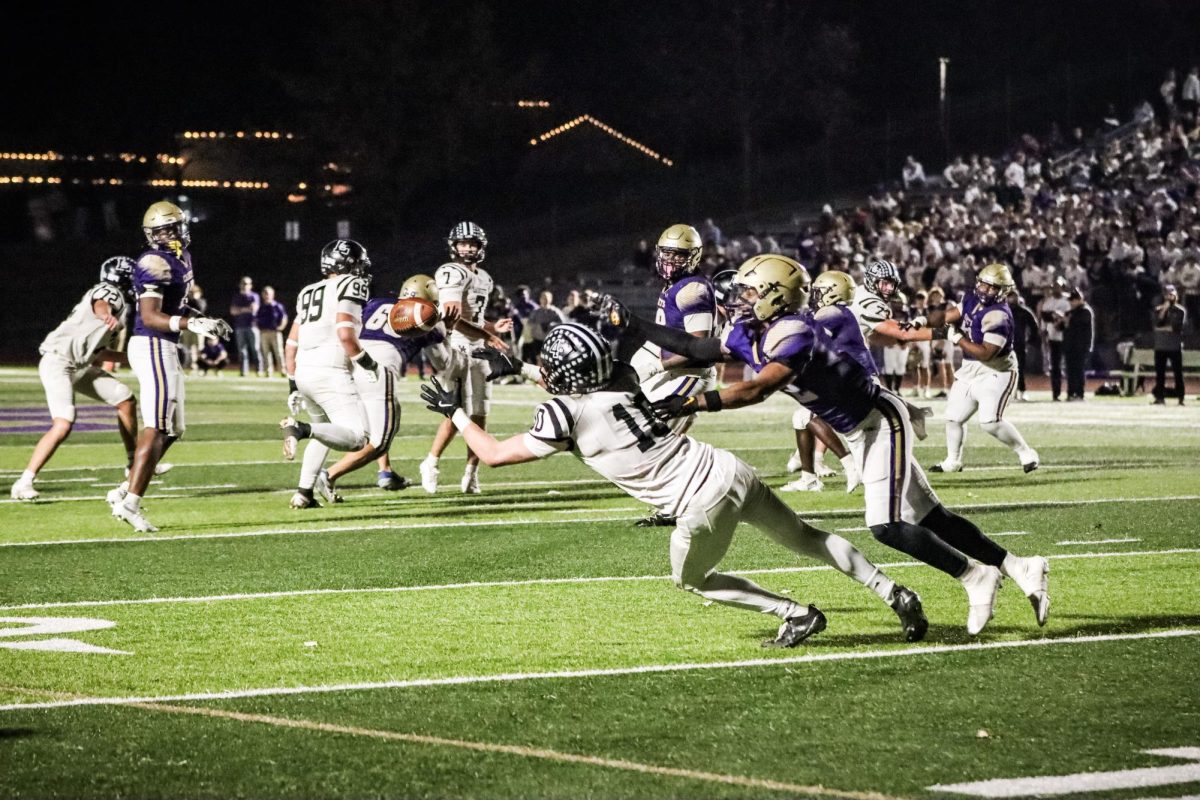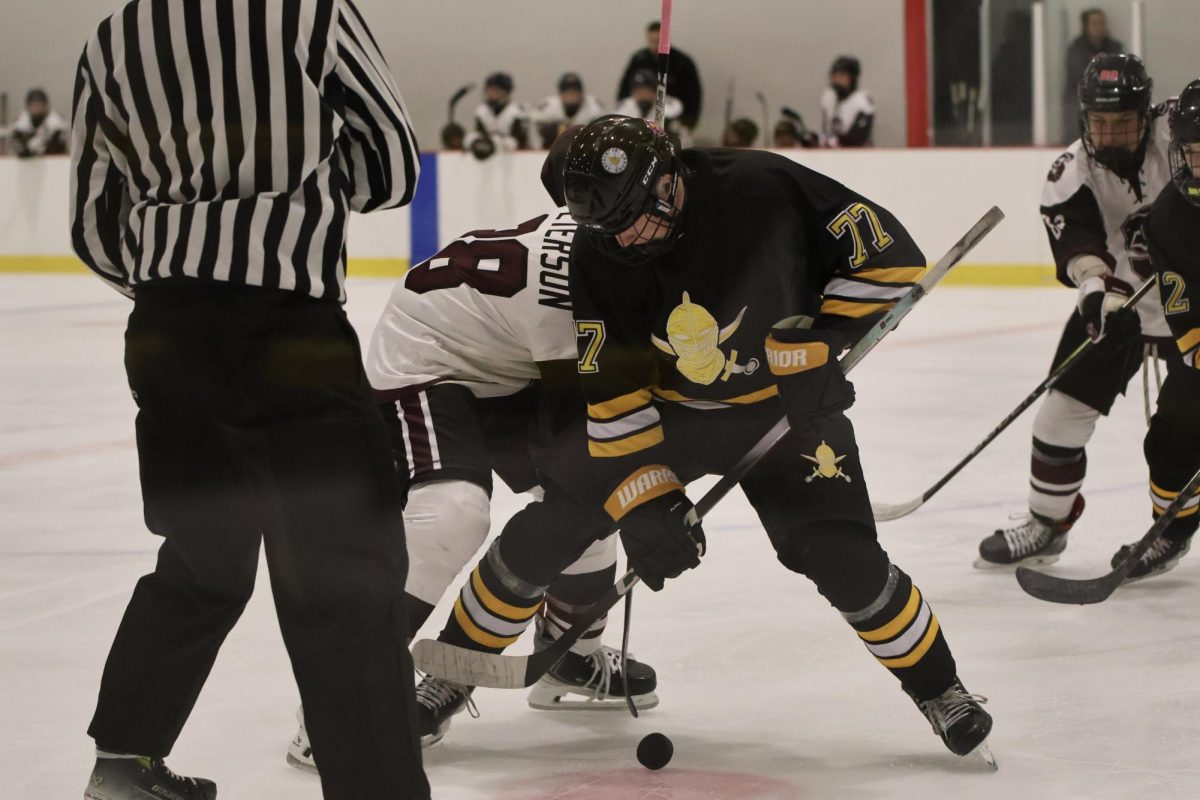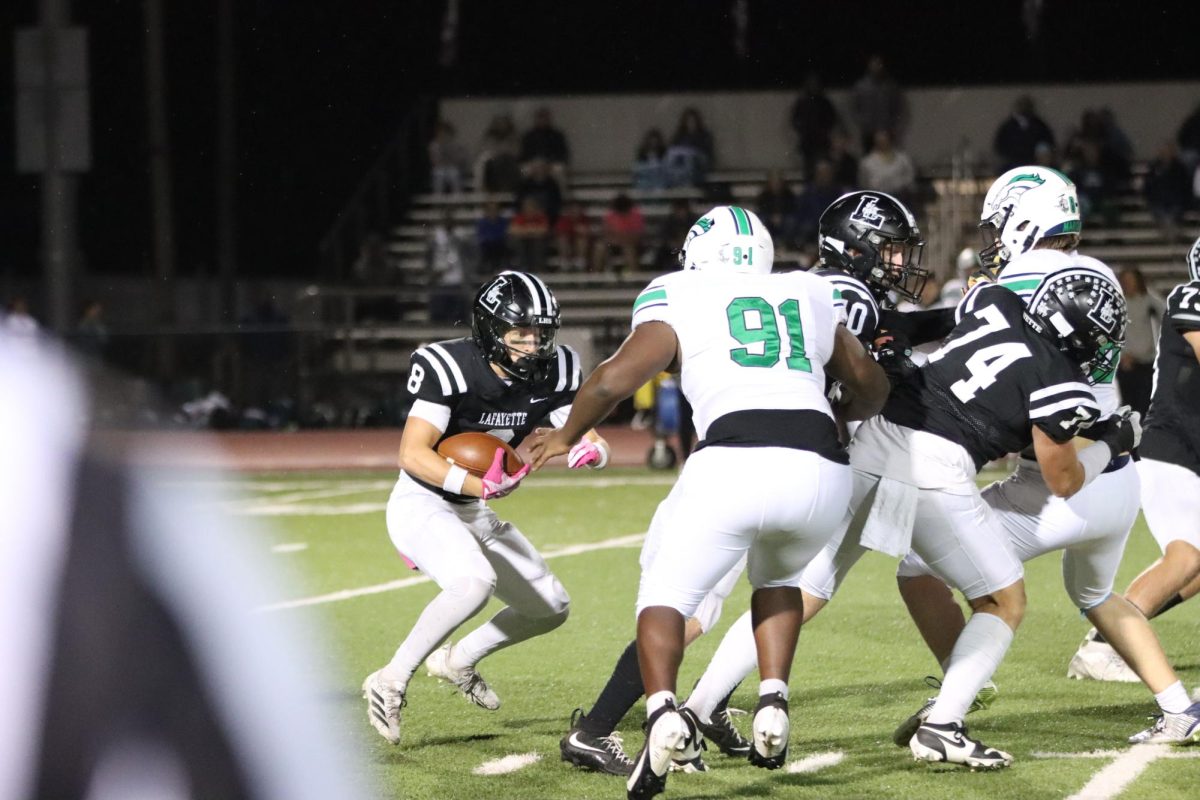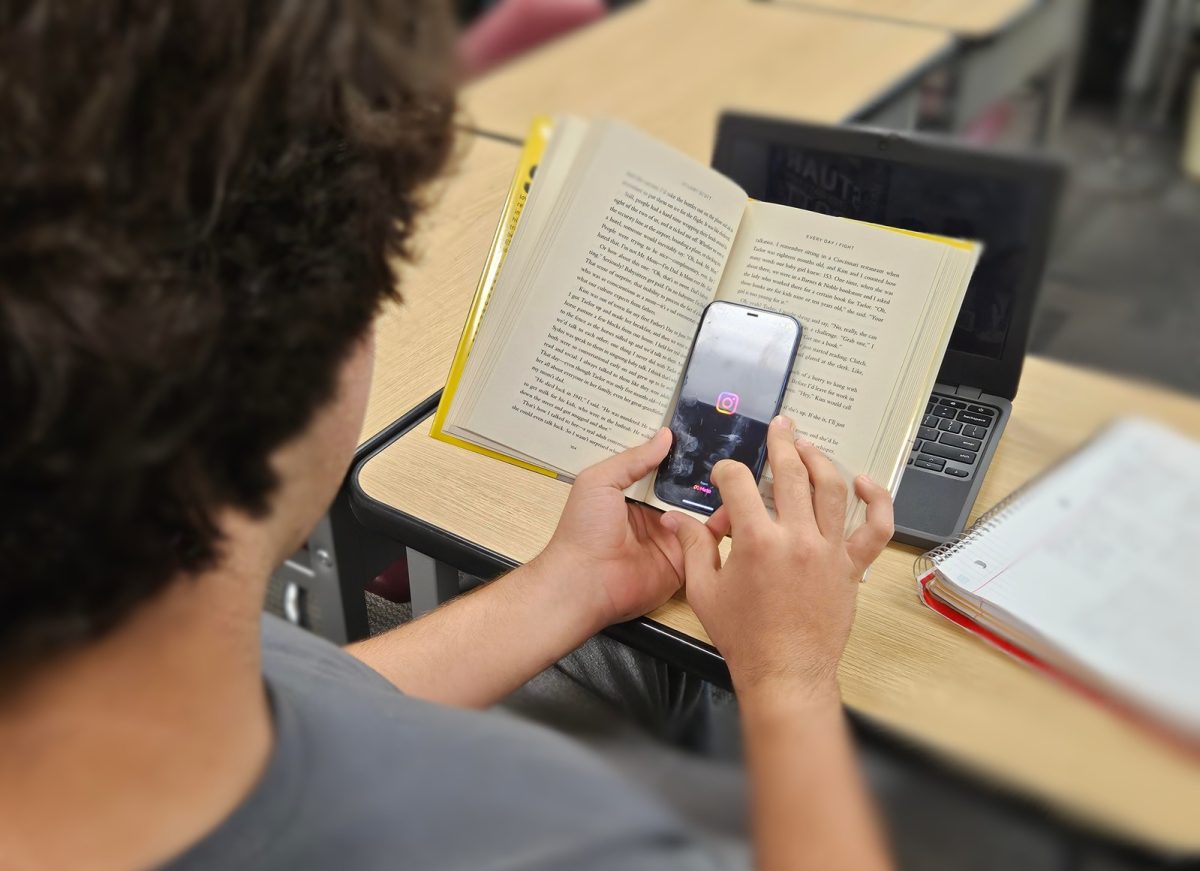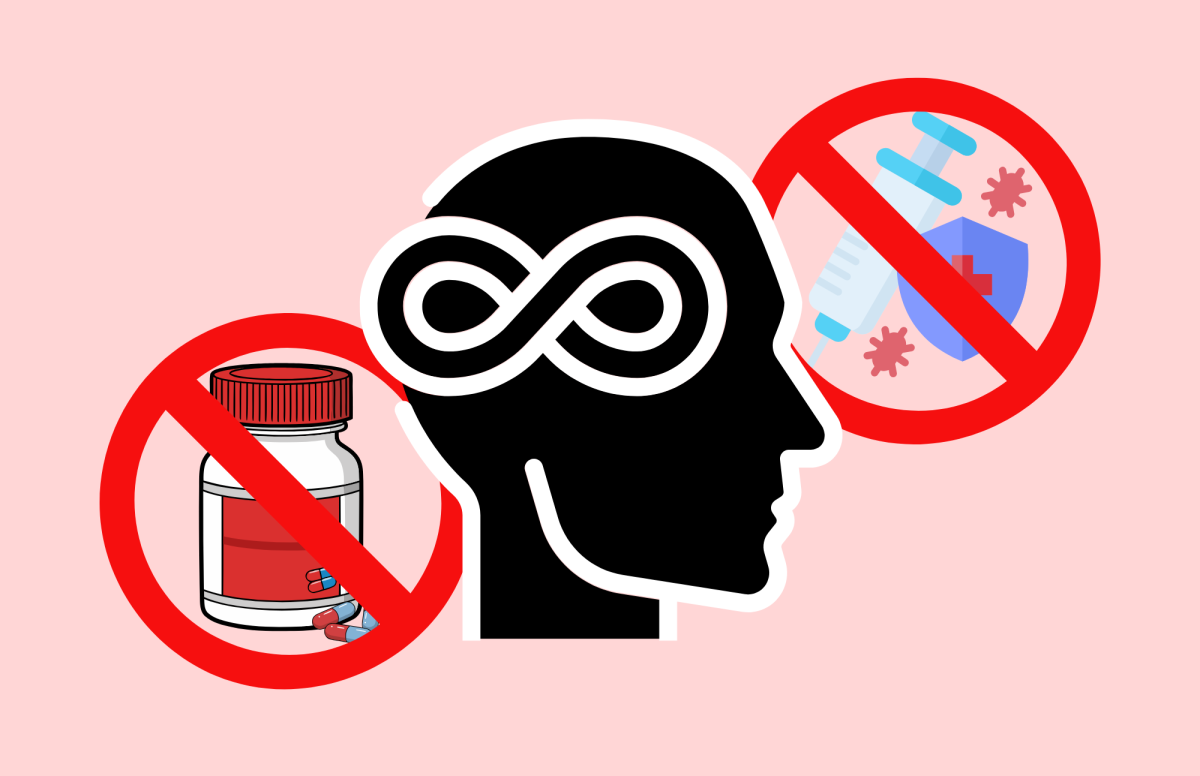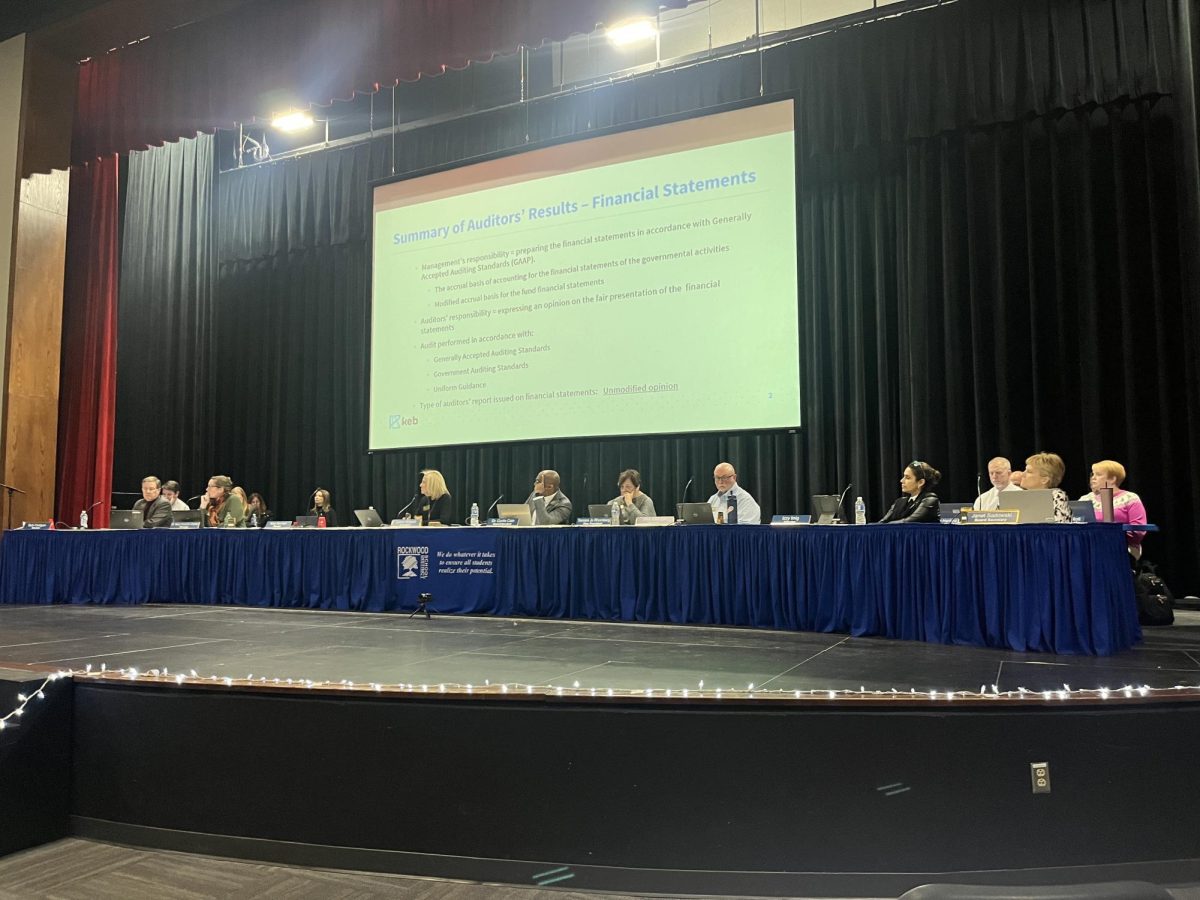Gambling is regulated on a state-by-state basis, with age restrictions ranging from 18-21.
In Missouri, you must be at least 18 to play the lottery and 21 to enter a casino or use a slot machine.
However, Cait Huble, Director of Communications at the National Council on Problem Gambling said these restrictions do not prevent adolescents from learning gambling behaviors or participating in illegal gambling.
“[Games] like loot boxes can normalize gambling into an adolescent brain that is still developing,” Huble said. “Your brain is learning all of those mechanisms and then you turn 18 or you turn 21 and suddenly it’s real money.”
Because of these games, Huble said the line between gambling and gaming has become blurred, creating a digital gambling atmosphere that presents new possibilities and consequences.
Gaming is not the only area in which gambling behaviors can be integrated.
“We’re seeing a lot of sports betting recently. So young males, especially athletes, can be more susceptible to gambling addictions,” Huble said.
LHS student athlete John* believes he and his friends may have picked up their gambling habits through learned behaviors, like growing up seeing people make bets with friend groups on things like March Madness Brackets.
“I gamble because it brings a lot of excitement. I think it’s something fun to do with my friends and it’s fine as long as I’m not betting really high amounts of money and I’m smart about it,” he said.
John regularly bets money playing blackjack and poker with his friends. Though he doesn’t know the exact amount, John knows he has lost money overall.
“I gamble like every other weekend with friends and in school sometimes,” he said.
John agrees that activities outside the legal definition of gambling can promote behaviors that could lead to problem gambling for some.
“There are definitely things in society and school that promote gambling behaviors. Like the big tournaments for sure, because there’s just so much on the line and there are so many different games going on, which gives the opportunity to bet on a lot of different things,” John said.
Though junior Sohan Paul doesn’t gamble himself, he knows people who do. Paul believes learning about things like investing also promotes problem gambling behaviors.
“I think people gamble to gain money. They get the same rush as when people invest, where there’s high risk but high reward. People get a dopamine boost from gambling. I think gambling is even promoted through things like talking about stocks,” Paul said.
And while not all games are explicitly gambling, due to the fact that there is no real monetary reward, Huble said they create similar conditions and can allow for adolescents to learn problem gambling behavior.
Even common social activities, while not legally considered gambling, such as Super Bowl Squares, raffles and arcade ticket exchanges can normalize problem gambling behaviors.
The NCPG says the fast-paced nature of these games contributes to their possibility for addiction as the faster a wager reaches an outcome, the more likely a player is to develop an addiction to the game.
“Nobody thinks playing a video game is the same as walking into a casino and sitting down at a slot machine. When you’re 14 years old, one is totally ok and one is hugely problematic,” Huble said. “This will be the earliest generation that has grown up with video games and phones their whole lives, and they are now becoming legal [gambling age].”
*Name changed to protect identity






